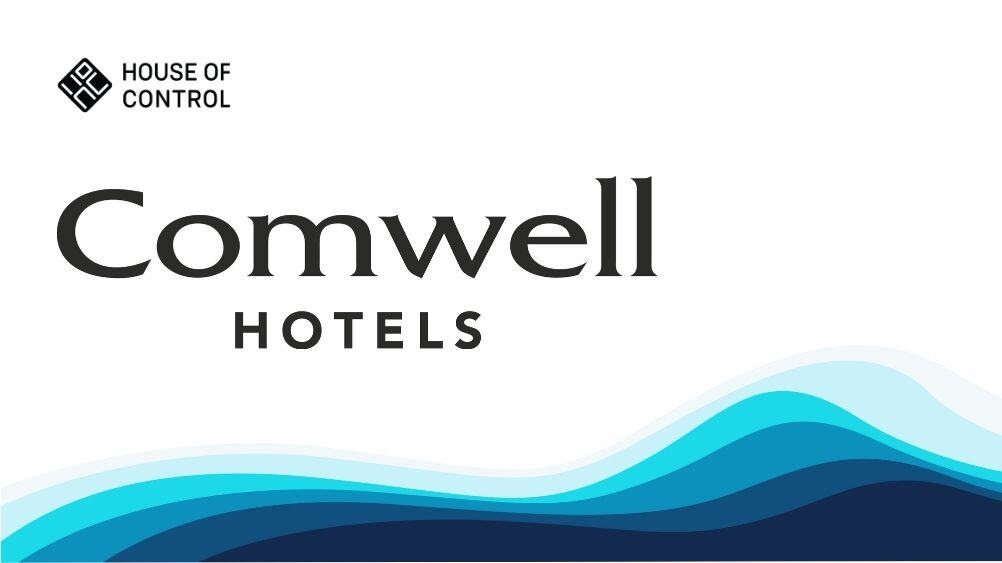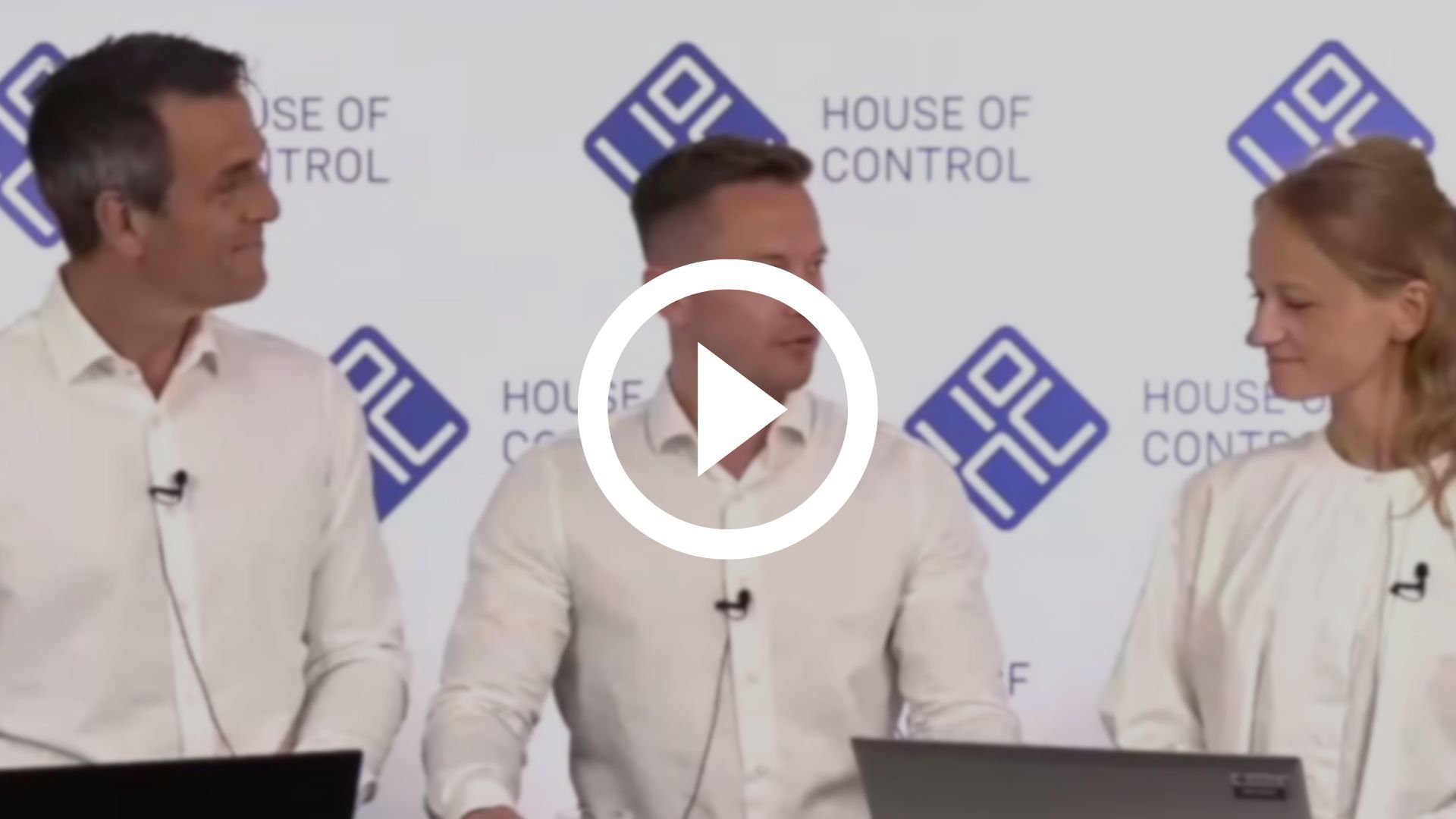7 tips on how you should manage supplier contracts
The larger your organization becomes, the harder it is to maintain a clear overview of all contracts – especially supplier contracts. More people, locations, and departments lead to increased complexity. Contracts get lost, overlooked, or automatically renewed without evaluation. The result? Unnecessary costs, reduced profitability, and missed opportunities.
.webp?width=1087&height=611&name=1%20(16).webp)
Effective supplier contract management is essential for cost control, risk mitigation, and stronger supplier relationships. With a clear structure for registering, monitoring, and maintaining agreements, your business gains better control over resources and cash flow.
WHERE SHOULD YOU START?
We recommend that you follow these steps to systematize contract management and achieve savings in many areas:
1. Get a Complete Overview of All Contracts
Get an overview of the type and number of agreements and contracts in your business. Many companies underestimate how many contracts they actually have, leading to missed renewals, unnecessary costs or duplicate services. Be sure to include:
- Framework agreements
- Customer contracts
- Supplier contracts
- Lease agreements
- Procurement agreements
- Long-term supplier deals
- Vendor agreements
- Employment agreements
- Sales contracts
- Purchase agreements
- Licensing agreements
- Consulting agreements
2. Define Contract Ownership and Approval Rights
Clarify who has authority to enter into agreements and contracts. Is there a contract approval workflow? Define thresholds for approval, delegation rules, and how authority is structured across departments. This reduces the risk of unapproved commitments and enhances compliance.
3. Centralize All Agreements and Contracts
Contracts are often scattered across folders, Excel sheets, cloud drives—or worse, stored only in someone’s memory or in a binder. This creates major operational risks. Implement a contract lifecycle management system or use a centralized digital repository where every contract is:
-
Easy to find
-
Version-controlled
-
Searchable by supplier, renewal date, or contract value
4. Establish a Follow-Up Process
After the contract has been set up, it must be followed up. Consequences of not following up can be large and costly. Avoid auto-renewal of contracts without having been assessed and agreed. Good contract management should notify contract managers at the end of the notice period or other critical date: for renegotiation, price adjustment or follow-up of options. Notification must be taken care of so that you don't become dependent on key personnel.
A good system should:
-
Alert contract owners before expiration or notice periods
-
Trigger reminders for renegotiation or performance reviews
-
Track contract options and amendments
Without alerts, you risk vendor lock-in and missed savings opportunities.
5. Improve Cost Visibility
Make sure you have control over your future costs. The cost must be retrieved with the desired periodization, per month, quarter or year. This way, you have the insight required in various situations. This will simplify both accounting, budgeting and planning going forward.
To maintain control, ensure that contract-related supplier costs are:
-
Allocated monthly, quarterly, or annually
-
Connected to the right cost centers
-
Integrated into budgets and cash flow planning
This supports strategic decision-making and avoids last-minute surprises.
6. Plan for Absences and Transitions
Make a plan for contract management if someone quits, becomes ill, has a holiday, or is on leave. Who takes over the responsibility for the agreement and how should it be handled in practice? You gain better cost control, and you will always have correct and up-to-date information for audits, due diligence or other change processes.
Define:
-
Backup responsibilities
-
Access protocols to critical agreements
-
Succession plans for contract owners
This ensures continuity and accountability.
7. Automate and Digitize Contract Management
By switching to digital solutions for contract management, you save time, while gaining better control. There are many digital solutions that streamline and simplify contract management.
Manual systems are inefficient and prone to error. Use digital contract management software to:
-
Automate alerts and tasks
-
Standardize agreement templates
-
Gain full control over the contract lifecycle, from creation to renewal
Automation reduces risk and saves time, especially when managing multiple supplier relationships.
Do you need help? We have the expertise!
Contact us today and read more about our contract management solution Complete Control


.webp)